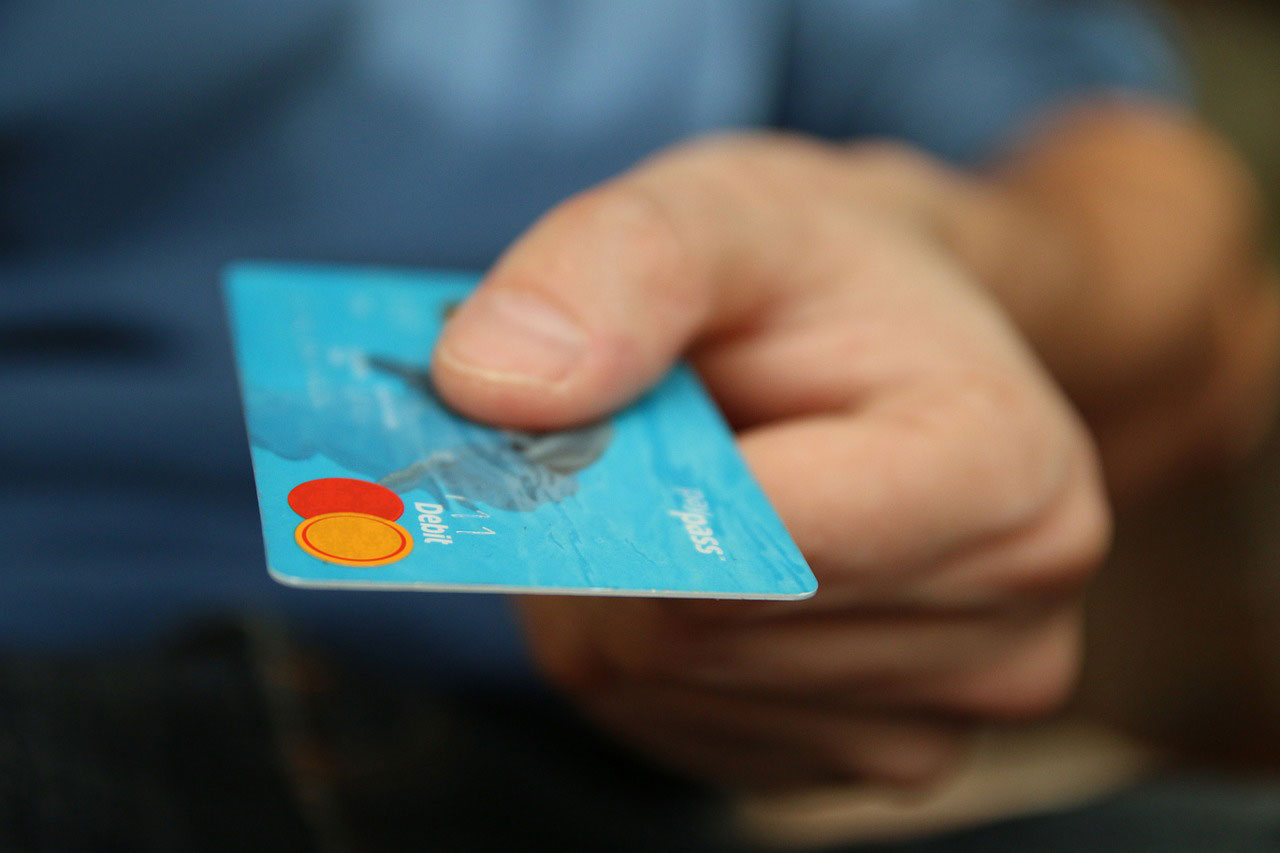Forex advice provided by Peter Lavelle
Do you plan to relocate to Australia? If so, then you may need to transfer money from your home bank account to an Australian one when you do so.
This could be to have your savings in Australia, to tide you over until your first pay cheque, or perhaps to pay for schooling for your children.
In any case, it’s vital when you transfer money to Australia to ensure you get the best exchange rate.
This is because, if you’re transferring a significant sum, the difference between a good exchange rate and a bad one can add up to hundreds or thousands of dollars. Clearly, that’s quite significant.
Given that then, when I want to do in this post is give you some tips for when you transfer money to Australia.
Keep them in mind, and you can enjoy a higher Australian dollar total in your bank account, to get your new life Down Under off to the right start!
1. Research the exchange rates in advance.
By this I mean, as soon as you know you’re going to relocate to Australia, get in touch with your bank or foreign exchange broker to find out what’s happening with the exchange rates.
This is because, it gives you a window in which to decide whether you like the current exchange rate, of if you prefer to wait. If you wish to wait, then you’ve given yourself breathing space.
By comparison, if you delay until the last minute to find out where the exchange rate is, you’ll have to accept the rate available, regardless of if it’s good or bad.
2. Set a reasonable target exchange rate.
You probably have an idea of what exchange rate you want to get. However, it’s important to make sure this is reasonable.
By this I mean, call your bank or currency dealer to find out where the exchange rate’s been in the last three to six months.
This will give you an immediate idea of how strong the Australian dollar is, and what exchange rate you can expect. It frames your expectations.
By comparison, if you set your heart on an unrealistic exchange rate, you may be left waiting for a rate you’re unlikely to ever get, or be disappointed with what you end up with.
3. Don’t get greedy.
When people transfer money, it’s very common practice for their target exchange rate to arrive and, instead of accepting the rate, wait to see how high it goes.
However, the trouble with this is that the foreign exchange market is volatile, and the exchange rate just as liable to go down as up.
Given this, if you decide to wait to see how high the exchange rate goes, the next time you look, you might already have lost out.
Hence, it’s better to accept your target rate as soon as it becomes available, and not gamble.
4. Consider a forward contract.
If you’re especially concerned about the exchange rate fluctuating, you may wish to set up what’s called a forward contract.
A forward contract allows you to lock in the exchange rate where it is, without needing to transfer your money abroad.
What you do is pay an initial 10.0% of the total sum you wish to transfer, and you can move your money whenever you like in the next two years.
The advantage of a forward contract is that it enables you to freeze the exchange rate at a point you like, meaning you’re not subject to future fluctuations. In short, it reduces your risk.
5. Compare the available exchange rates.
Last of all, before you transfer your money, compare the exchange rate available from your bank with that from a foreign exchange broker.
This is important because, frequently, banks offer exchange rates up to 4.0% worse than those from currency dealers.
For example, you may wish to exchange, US dollars for Australian dollars.
For this, a bank may give you an exchange rate of 1 US dollar to 0.92 Australian dollars (based on current rates.)
By comparison, a foreign exchange broker might offer a rate as high as 0.9560.
Clearly, that’s gives you three and a half cents more for each Australian dollar you buy, and will quickly add up to a higher Australian dollar total. It’s therefore very much worth comparing.
Conclusion
In brief then, keep these tips in mind when you relocate to Australia, and getting a great Australian dollar total won’t be a problem for you. Good luck!
About the author
Peter is an economist at foreign exchange broker Pure FX. He’s worked in foreign exchange since 2010, and is a close follower of global politics and economics. If you have any questions for him about the foreign exchange rates, he’d be delighted to help answer them.
